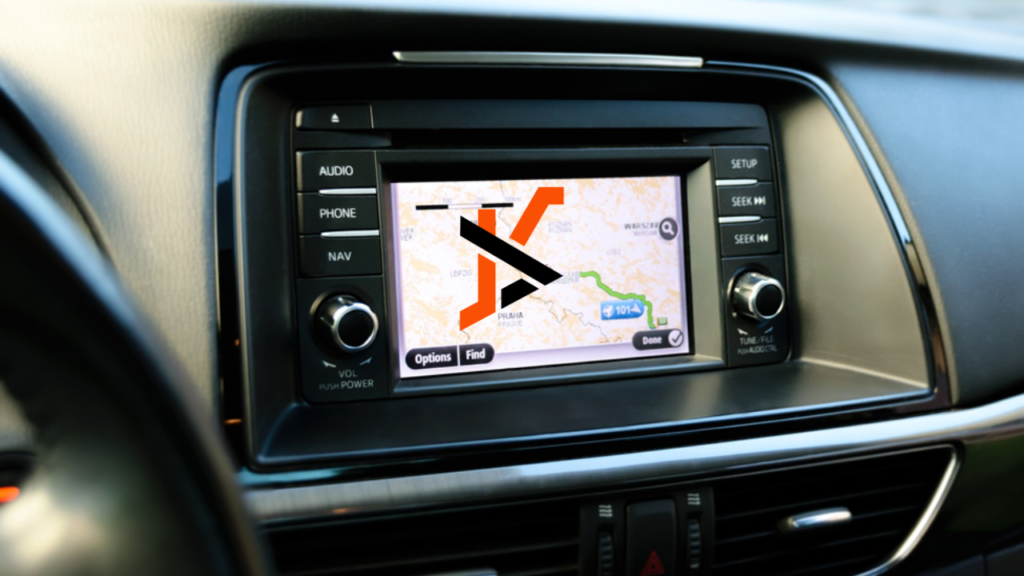A rooftop tent offers a unique way to explore nature while staying comfortable. For those seeking true adventure, camping off the grid can provide a deeper connection with the outdoors. However, venturing into remote areas requires careful planning and the right survival skills. Unforeseen challenges can turn a good trip into a memorable one.
1. Prepare for Off-the-Grid Camping
Before setting out, it is essential to research the area you plan to visit. Understanding the terrain, weather patterns, and available resources can help avoid unexpected problems. Planning a route and letting someone know your itinerary adds a layer of safety.
A reliable GPS or offline map is crucial for navigating areas with limited cell service. A satellite communication device can provide a lifeline in emergencies. Checking vehicle readiness is also important. Ensuring the vehicle is equipped with off-road tires, a full-size spare, and recovery gear can prevent getting stranded.
2. Manage Your Water and Food
Water is the most critical resource when camping off the grid. Carrying enough water for drinking, cooking, and hygiene is necessary. A good rule of thumb is to bring at least one gallon of water per person per day. Portable water filters or purification tablets can be useful if natural water sources are available.
Food planning involves choosing non-perishable items that are lightweight and nutritious. Dehydrated meals, canned goods, and energy bars are convenient options. A portable camping stove or grill is ideal for cooking, but packing food that can be eaten cold offers flexibility. Remember to store food securely to avoid attracting wildlife.
3. Remember About Safety and First Aid
A well-stocked first aid kit is essential for treating minor injuries. Include adhesive bandages, antiseptic wipes, pain relievers, and any necessary prescription medications. Knowledge of basic first aid procedures can be invaluable in remote settings.
Carrying a multi-tool, knife, and fire-starting kit is also important. These tools can assist with repairs, food preparation, and starting campfires. If traveling with a second-hand ATV or other off-road vehicle, it is wise to find out the vehicle’s history. Tools that allow you to check ATV records by VIN can help verify ownership and maintenance records and ensure the vehicle is reliable for off-grid adventures.
4. Shelter and Comfort in Your Rooftop Tent
A rooftop tent provides an elevated and secure sleeping area and keeps campers from ground-level hazards like insects and small animals. Adding a foam mattress or sleeping pad enhances comfort.
For added convenience, consider an annex or awning. These extensions provide additional covered space for changing clothes, storing gear, or setting up a camp kitchen. Solar-powered lights or battery-operated lanterns help illuminate the tent and surrounding area at night.
5. Handle Wildlife Encounters
While most animals avoid humans, it is important to be cautious. Store food in airtight containers or hang it from a tree to keep it out of reach. Avoid leaving food scraps or trash around the campsite.
If encountering larger wildlife like bears or moose, maintain a safe distance. Making noise while hiking can prevent surprising animals. Carrying bear spray in areas known for bear activity can provide an added layer of protection. Respecting wildlife and their habitat minimizes risks for both campers and animals.
6. Stay Warm and Dry
Weather can change quickly, especially in mountainous or forested areas. Dressing in layers allows for easy adjustments to temperature changes. Waterproof clothes and gear help keep you dry during unexpected rain. A quality rainfly for the rooftop tent prevents water from seeping in and keeps sleeping areas comfortable.
7. Manage Waste Responsibly
Pack out all trash, leftover food, and personal waste to preserve the natural environment. Use biodegradable soap to wash dishes and personal hygiene to minimize environmental impact. For human waste, a portable toilet or waste bags are ideal for areas without facilities. If using a cat hole method, ensure it is at least 200 feet away from water sources, trails, and campsites.
8. Navigate with Limited Technology
Basic survival skills, such as building a shelter or finding edible plants, can make off-grid camping safer and more enjoyable. Exploring off the grid with a rooftop tent offers freedom and a unique way to connect with nature. Preparing adequately and respecting the environment allows campers to enjoy a rewarding and safe experience. Taking time to plan and gather the right gear ensures that each adventure is as comfortable as it is unforgettable.

